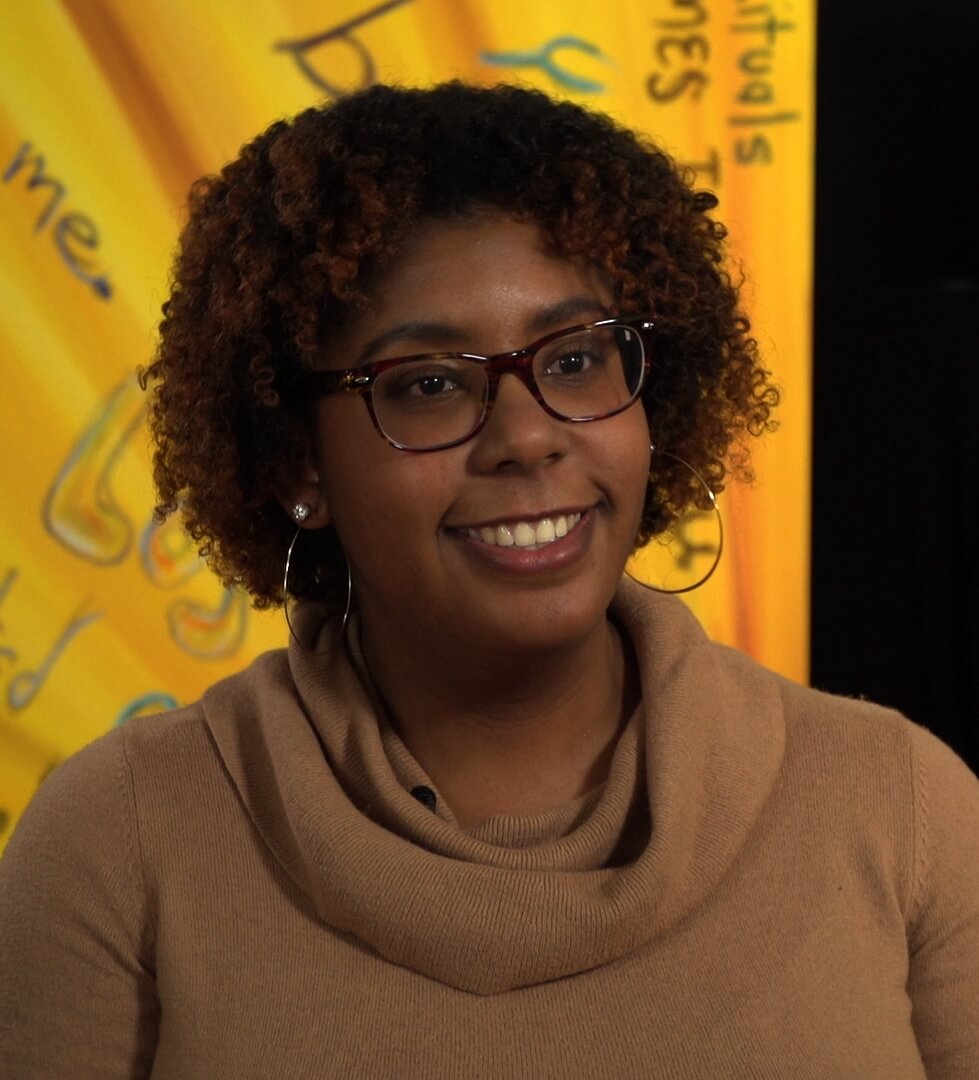“Taking care of yourself doesn't mean me first, it means me too.” – L.R. Knost
In the midst of caring for someone who has been diagnosed with Alzheimer’s disease or any other dementia, the natural routine previously established before the disease progression fades away and there becomes a new normal in the family structure. Navigating the new normal often comes with spouses and family members adjusting their roles within the family to accommodate and better assist the individual that has been diagnosed. As the roles change, there is a state of discovery and often times, mixed emotions within caregivers. However, there is often no consideration of taking time to process this normal. Hence, lack of self-care.
This is not intentional by any means. When proposing a question to caregivers about self-care within the support group, they often respond with a puzzling look because the thought of doing something for themselves is a territory that is commonly unexplored after a loved one receives a diagnosis of Alzheimer’s disease. However, I am sure if I asked that same question before they became a caregiver, it would not have been so much of a challenge. The lack of personal time is the most common reasoning I have heard from caregivers about not partaking in self-care. Helping caregivers realize that taking even five minutes to do something for themselves can be enormous benefit for their overall health, physically and mentally.
When introducing the topic of self-care, I begin with the instructions given to passengers on an airplane before leaving the runway. In a case of emergency, flight attendants instruct passengers to place the oxygen mask on yourself before assisting the passenger next to you. This analogy can be carried over in the discussion of caregiving. Yes, the support group is a safe space where advice, tips and tricks, and true emotional experiences are shared openly with others who understand the journey of Alzheimer’s disease, but it can be a place where self-care is encouraged. Incorporating brief self-care activities (i.e. guided mediation and journaling) at the beginning or at the conclusion of a session can be a catalyst for caregiver’s partaking in self-care at home.


